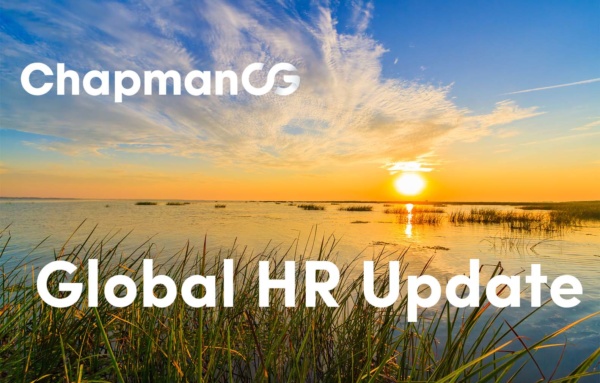It continues to be the norm that the majority of people who have achieved a Ph.D. are in the academic or research fields. But there are a number who have entered professional business with many choosing Human Resources. This makes sense particularly if one’s area of concentration is psychology, organisational behavior/effectiveness and the like. After all, HR professionals are charged with the task of helping organisations build and grow businesses through human capital. So again, having achieved the highest academic credential in an area, studying human and/or organisational behavior brings an expertise to the organisation.
Through our global search efforts and networking, we speak to candidates with a Ph.D. who tend to be in the OD, OE, L&D areas, with some exceptions. (Full disclosure: the author of this article has a Ph.D.) The benefit of these candidates is that many bring strong design and delivery capabilities. They can design programs to motivate and develop employees. They probably had some teaching experience while in graduate school so one assumes he/she can deliver programs whether in a training format or more L&D situation. They have spent years in an academic setting thinking about human behavior, organisational effectiveness, motivating human beings, etc. That academic experience enables this person to encourage employees and leaders to think, challenge, question about how human capital should be structured and behave in the business environment. And this can be reinforced by exposing those in the organisation to the best academic minds in these fields.
This last point segues into some of the challenges those with a Ph.D. may face when entering a business environment. For success in a non-academic organisation, one must remember that the bottom line is in fact just that. Businesses exist to grow and make money. Admittedly, there is a wide spectrum of what this means in the corporate world. Many organisations today include philanthropy and a commitment to making the world a better place in their business planning processes. But without a return on shareholder value, profits, “reasonable” margins, these commitments don’t matter. So back to the HR Ph.D. in the corporate workplace. In our opinion, the most effective HR professional, regardless of where he/she sits in the organisation, is when a line person asks for his/her point of view about a business challenge. This translates into credibility for the business. The Ph.D. brings an expertise but he/she must become consumed about the business of the business. Clients tell us they appreciate the knowledge someone with a Ph.D. brings but if one cannot translate that into business plans and objectives then it does not matter.
The ultimate challenge for a Ph.D. in a corporate environment is to translate the academic knowledge into the language of the industry or business. A senior executive once said to me, “explain your talent management process as if you are speaking to my grandmother who knows nothing about HR or this business.” The powerful message here is to keep it simple. No OD speak; no HR speak. This applies to behavior and action in the workplace as well as how one presents oneself on paper. Whether proposing programs and plans for business or trying to enter business or change jobs, language needs to be concise. This is the ultimate test for a Ph.D.’s success in a corporate environment. And this applies to CV’s, resumes, bios. Clients and companies want concise and business relevant information about one’s capabilities such that he/she can help grow an organisation. Keep it simple!
 Andrea Merrigan
Andrea Merrigan Orelia Chan
Orelia Chan Stanislav Medvedev
Stanislav Medvedev Fleur Daniell
Fleur Daniell Finian Toh
Finian Toh Tim Rayner
Tim Rayner Nicola Hasling
Nicola Hasling Stefanie Cross-Wilson
Stefanie Cross-Wilson


